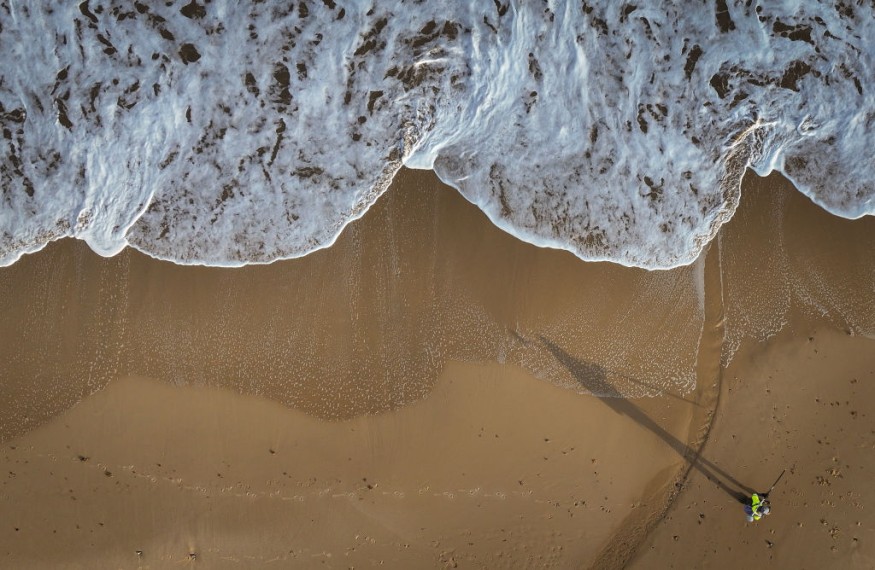An unusual and weird-looking fish was buried in the sand on a beach in Singapore, and due to its appearance, it became viral on social media.
While still unexplored, the world's oceans are home to known and unknown species. Some animals are unique and weird-looking. With the use of social media and cameras, people can take images of these animals in an instant.
A recent report found a unique fish washed up on a beach in Singapore. Beachgoers and netizens were also shocked when they saw the image of this unusual marine animal.
An unusual-looking fish on a beach in Singapore

According to the report, Dennis Chan found the fish on a Singapore beach. It became a virus on Instagram, having about 1.2 million views and over one million likes. People were amused by the weird fish in the video, causing mixed reactions from Instagram users.
The fish identified on the post was a longnosed stargazer. Unlike other fish, this animal likes to bury itself in the sand while its head is exposed. It is an exciting fact about longnose stargazers, from the name itself, like stargazing the stars.
Furthermore, the report highlights that this fish is similar to scorpionfishes and stonefishes. When people are bitten, they can feel painful stings. Long-nosed stargazers are varied, with over 50 species.
On social media posts, netizens have said that the image is terrifying or causes fear among beachgoers. Others were also fascinated and became curious about it. However, this is the usual behavior of this fish: hiding in the sand. Understanding the nature of this fish can help us appreciate its value in wildlife and oceans more.
On the shores of Singapore, longnose stargazers are common, and it is frequent for people to witness its eyeballs peeking out.
Additionally, this fish is known to produce electricity, making that species a formidable predator in the ocean.
Also Read : Ancient Horse Burial Mystery in France Dating 2,000 Years Ago Linked to Gallic Wars or Sacrificial Rituals
Rare curled octopus in Wales
In a recent Nature World News (NWN) report this June, people also spotted a unique sighting of a curled octopus changing its color into orange while crawling back into the ocean in Wales.
The octopus, known for its intelligence and shape-shifting ability, was found beneath a rock on a beach. This behavior showcases the animal's ability to evade predators or potentially look for prey. This animal can adapt to its environment.
Additionally, the report highlights the increase in octopus sightings in the region due to environmental conditions. Marine animals, including octopuses, are sensitive to temperature fluctuations brought by climate change.
Related Article : Rare Curled Octopus Changes Color While Crawling Back to Ocean in Wales
For more similar stories, don't forget to follow Nature World News.
© 2025 NatureWorldNews.com All rights reserved. Do not reproduce without permission.





